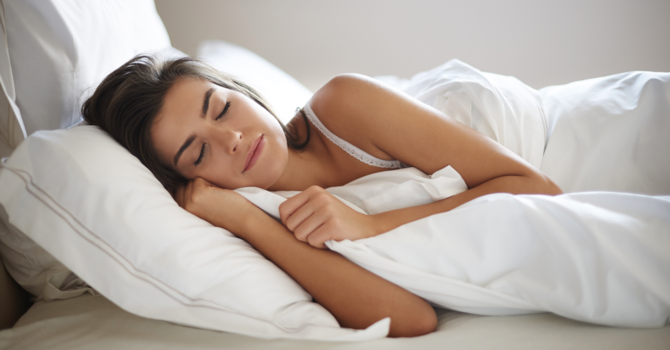
Amidst the hustle of our daily grind, we can often treat sleep as a brief pause in our busy lives, overlooking its true role as the bedrock of our health.
In the field of sleep science, circadian rhythms are key players in regulating our sleep-wake cycles. These 24-hour internal patterns dictate when we're naturally alert or drowsy and influence critical bodily functions, including hormone production.
Factors like meal times, exposure to light, and exercise, when coordinated with these internal cycles, pave the way for more restful nights. Understanding and aligning with these rhythms can significantly enhance sleep quality.
However, if you have an undiagnosed sleeping disorder, this will only help and not solve your sleep issues.
Here are some practical tips for aligning your daily routine with your body's internal clock:
Establish a Consistent Sleep Schedule
Set a regular sleep-wake cycle, going to bed and waking up at the same time every day, even on weekends. This consistency helps regulate your circadian rhythm, promoting a more natural and restful sleep.
Prioritize Morning Exposure to Natural Light + Limit Exposure to Artificial Light at Night
Exposure to natural light in the morning helps reset your internal clock and signals to your body that it's time to be awake. Spend time outdoors, drink your coffee outside, or open curtains to let in sunlight, especially during the early hours of the day.
In the evening, reduce exposure to artificial light, especially from screens. The blue light emitted by phones, tablets, and computers can suppress melatonin production, disrupting your circadian rhythm. Consider using blue light filters on devices in the evening.
Mindful Meal Timing
Align your meals with your body's natural rhythm. Avoid heavy meals close to bedtime, as digestion may interfere with sleep. Aim to have dinner a few hours before bedtime and opt for lighter snacks if needed.
Exercise Timing
Regular physical activity can promote better sleep, but the timing matters. Try to exercise earlier in the day or in the afternoon. Strenuous exercise close to bedtime may have a stimulating effect and raises your core temperature, making it harder to fall asleep as your core temperature needs to drop 1-2 degrees throughout the night.
Create a Sleep-Inducing Environment
Make your bedroom conducive to sleep by keeping it cool, dark, and quiet. Consider using blackout curtains, eye mask, or a white noise machine to minimize disturbances. Invest in a comfortable mattress and pillows.
Be Mindful of Caffeine and Stimulants
Limit the intake of caffeine and stimulants, especially in the afternoon and evening. These substances can interfere with your ability to fall asleep.
Listen to Your Body
Pay attention to your body's signals. If you consistently feel sleepy at a certain time in the evening, use that as a cue to start winding down and preparing for bed if it is around 9-10pm. Sometimes you can have circadian rhythm shift where you can tired too early in which case it may take some time for you to adjust back.
Address other underlying issues
If you have already been doing these things and your sleep has only improved minimally, you may have an undiagnosed sleep disorder.
Do you wake up with a dry mouth? Drool?
Have you had braces or teeth taken out (including wisdom teeth)?
Do you grind or clench your teeth?
Do you have a line in the middle of your tongue?
Do you snore?
If you answered yes to any of these, you may have an undiagnosed sleep disorder.
It may be time to take a proactive step toward better rest and book a consultation with us.
By addressing the underlying causes of your sleep through personalized consultation and plan, we can help promote restorative sleep so you can feel energetic again.
By incorporating these tips and aligning your daily routines with the natural rise and fall of internal processes, you can better align your lifestyle with your circadian rhythm, fostering a more natural and restorative sleep pattern.



